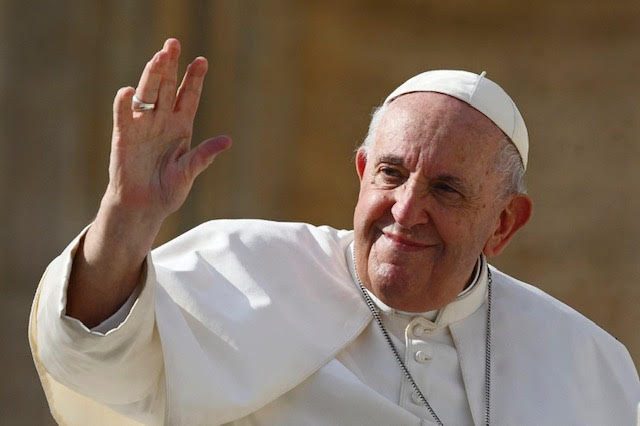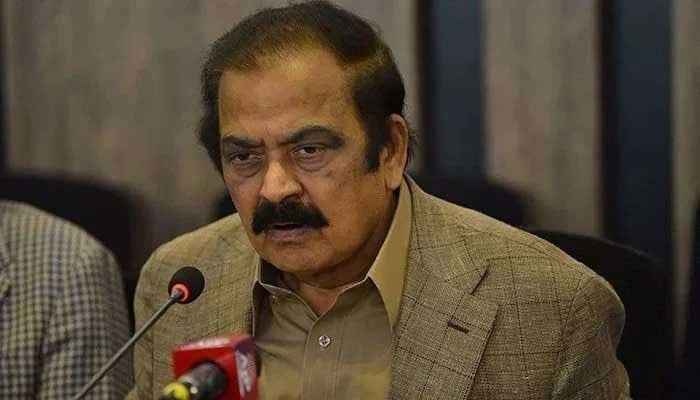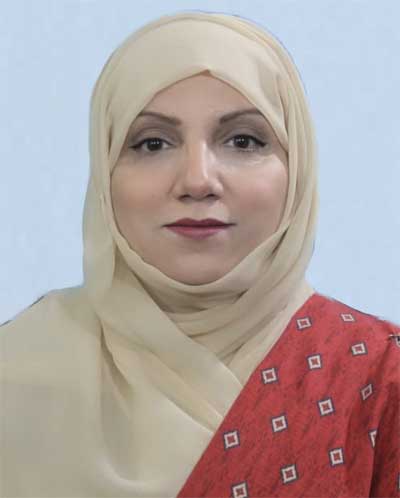A papacy marked by humility, reform and the global vision

MILAN (Italy): Pope Francis, the 266th pontiff of the Roman Catholic Church and the first from Latin America, has died at the age of 88, the Vatican announced Monday.
The Argentine-born pope, who led the world’s 1.3 billion Catholics for over a decade, passed away at the Mater Ecclesiae Monastery in Vatican City, where he had been resting following a series of health complications in recent months. The Holy See did not immediately disclose the precise cause of death, but the pontiff had been facing a number of chronic health issues, including mobility problems, a partial lung loss from his youth, and recent hospitalizations due to respiratory infections.
Cardinal Pietro Parolin, the Vatican’s Secretary of State, issued a statement praising Francis’s “extraordinary commitment to the poor, his courage in speaking uncomfortable truths, and his vision for a Church that walks with the people.” Plans for the funeral, to be held at St. Peter’s Basilica, will be released shortly, Vatican officials said.
A Papacy of Firsts: Born Jorge Mario Bergoglio in Buenos Aires in 1936, Pope Francis made history in 2013 when he became the first Jesuit pope, the first from the Americas, and the first non-European pontiff in over 1,200 years. He took the name “Francis” in honor of Saint Francis of Assisi, symbolizing his vision of a simpler, humbler Church, closer to the poor and the marginalized.
From the outset, Francis set a new tone in the Vatican. Rejecting the traditional papal apartments for a modest guesthouse, choosing simple vestments, and famously riding in a small Fiat instead of the papal limousine, he emphasized service over status.
“I want a poor Church for the poor,” he declared early in his papacy — and he spent the next 12 years trying to live up to that call.
In a world shadowed by war, displacement, and rising division, Pope Francis stood once more before the faithful and the watching world to deliver a message rooted in the Gospel’s most radical command: peace. On Easter Sunday, beneath the brilliant Roman sky, with St. Peter’s Basilica as the backdrop and tens of thousands packed into the iconic square, the 88-year-old pontiff called for a renewed global commitment to human dignity, mercy, and nonviolence.
Despite the weight of age and the toll of recent hospitalizations, Pope Francis appeared serene and resolute. His voice, though softened by age, carried unmistakable moral authority as he delivered the Urbi et Orbi (to the city and the world) blessing. “Let the cry for peace rise from every corner of the earth,” he declared, drawing applause and solemn nods from the crowd. “Let hearts be opened, and may dialogue prevail over arms, compassion over indifference.”
The address, traditionally delivered on Christmas and Easter, serves as a spiritual reflection and political statement. This year, the Pope’s message was especially poignant, referencing the conflicts in Ukraine, Gaza, Sudan, and the ongoing humanitarian crises in regions often forgotten by the Western media. “To those who suffer under the shadow of war, to those who are displaced and forgotten, may the light of the Risen Christ be a promise of new life,” he said.
A Global Shepherd: Francis’s papacy was defined by a relentless focus on social justice, peace, and environmental stewardship. He was a vocal critic of consumer capitalism, arms trade, and political indifference to the suffering of migrants and the poor. His 2015 encyclical Laudato Si’ on climate change was hailed as a landmark moment, not only in Church teaching but in the global conversation on the environment.
He traveled extensively — more than any pope in modern history—reaching out to the peripheries of the world, including visits to Myanmar, the Central African Republic, Iraq, and Mongolia. His trips often included outreach to non-Christian communities and interfaith leaders, reflecting his strong commitment to dialogue with Islam, Judaism, and other faiths.
One of his most powerful gestures came in 2019 when he knelt and kissed the feet of South Sudanese leaders during peace talks, begging them to end civil conflict. It was a moment of raw humility that encapsulated his papacy.
Champion of the Marginalized: Francis’s vision for the Church was inclusive and merciful. He frequently spoke of welcoming LGBTQ+ individuals, divorced Catholics, and those who had long felt alienated from Church life. While he did not overturn traditional Church doctrine, his approach was markedly pastoral.
“Who am I to judge?” he famously replied in 2013 when asked about gay priests—five words that reverberated around the world.
He also took historic steps toward greater inclusion of women in the Church’s decision-making processes, appointing women to key Vatican posts for the first time and opening discussions on the possibility of female deacons.
His Synod on Synodality, launched in 2021, was seen as an effort to fundamentally reimagine Church governance by listening to the voices of ordinary Catholics, including laity and minorities, across the globe.

Critics and Challenges: While widely admired on the world stage, Francis’s papacy was not without controversy. Traditionalist factions within the Church accused him of undermining doctrine and sowing confusion. His decision to limit the use of the Latin Mass in 2021 drew strong criticism from conservative groups.
He also faced pressure over the Church’s handling of clerical sexual abuse, a crisis that predated his pontificate but persisted during his reign. Though he enacted new protocols for accountability and transparency, critics argued the measures did not go far enough to punish high-ranking offenders or provide justice for survivors.
Yet through the turbulence, Francis remained focused on his core mission: mercy. “The name of God is Mercy,” he said often, and his vision never strayed far from the poor, the forgotten, and the excluded.
A Gentle Force: Despite declining health in his final years, Pope Francis remained active, continuing to write, give interviews, and appoint key Church officials. In 2023, he presided over the first phase of the Synod, calling it “the most important moment of Church listening in decades.”
Francis had long said he would resign if his health prevented him from governing effectively. But he stayed in office until the end, sustained by prayer and the support of millions of faithful.
In his final public appearance weeks before his death, he delivered a short blessing from his wheelchair in St. Peter’s Square. His voice was frail but clear: “Pray for me. And let us walk together in hope.”
With the Pope’s death, the Catholic Church now enters a period of sede vacante—the vacant seat. The College of Cardinals, many of whom were appointed by Francis himself, will soon be summoned to Rome for a conclave to elect the next pope.
Francis’s legacy will undoubtedly shape that decision. He leaves behind a Church transformed — more global, more diverse, and more engaged with the world’s pressing issues. Whether his reforms will continue or be rolled back now depends on his successor.
For millions, the memory of Francis will not fade easily. He was a pastor of the peripheries, a voice for the voiceless, and a pope who asked the world to see Christ in the most unexpected places — in refugees, in prisoners, in the poor, and in those discarded by society.
As the bells of St. Peter’s toll in mourning, the world bids farewell to a humble servant of peace, a pope of the people, and a shepherd who dared to dream of a more merciful Church.
Looking Ahead: As the world continues to face ecological collapse, economic uncertainty, and spiritual confusion, Pope Francis remains a voice of conscience. Whether addressing world leaders at the United Nations, advocating for the Amazon’s indigenous peoples, or blessing the faithful from a wheelchair, his leadership challenges the world to imagine something different: a global culture of care, solidarity, and peace.
Francis’s Easter message was not just a papal proclamation — it was a plea, a prayer, and a prophecy. “The tomb is empty,” he said. “Love has conquered. Let us not be afraid to begin again.”



